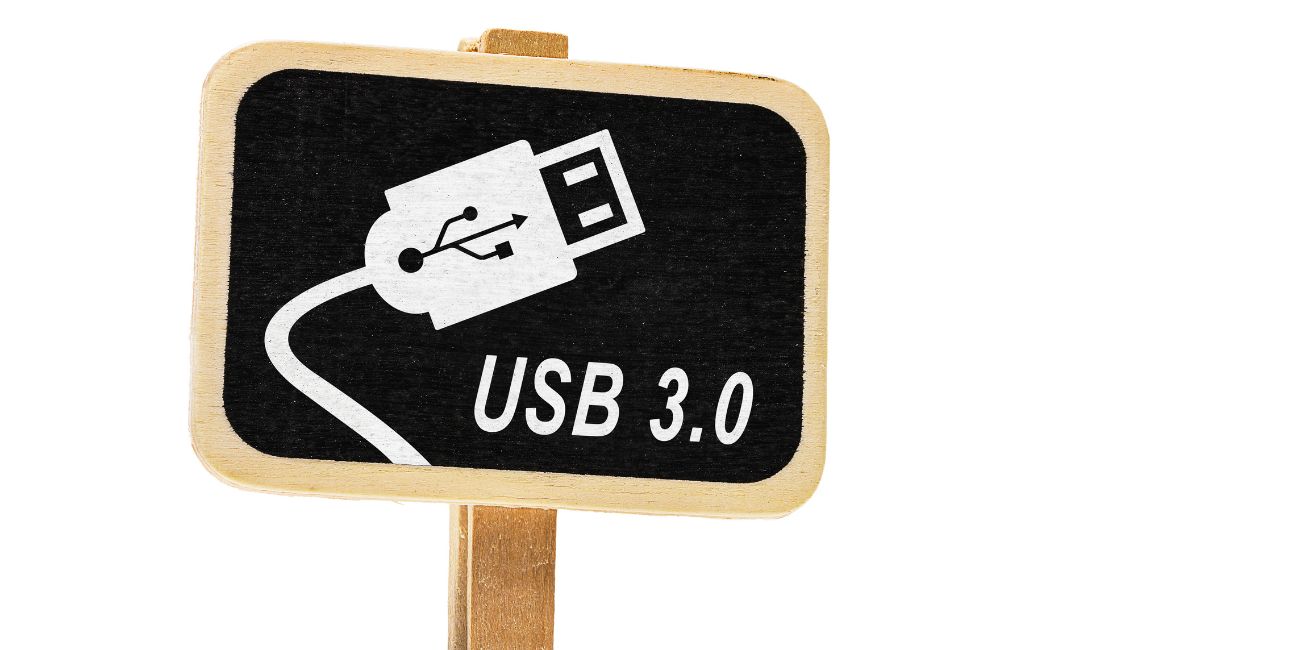Most people rely on the internet every day, but few understand the critical role that a modem plays in connecting homes and offices to the digital world. Whether streaming movies, downloading files, or video calling abroad, a modem is the unsung hero making internet access possible. But what exactly does a modem do?
What Is a Modem?
The word “modem” is short for modulator-demodulator. A modem converts digital data from a computer into analog signals that can travel over telephone lines, coaxial cables, or fiber optics — and vice versa. In simple terms, it translates between the language your devices understand and the language used by your internet service provider (ISP).
Without this conversion, communication between devices and networks would be impossible. The modem’s ability to communicate with your ISP determines the speed and reliability of your connection.

How Does a Modem Work?
A modem serves as the gateway between your local network (your home or office) and the wider internet. Here’s a basic outline of its working process:
- Receiving Data: The modem receives data signals from the ISP via your internet connection type (DSL, cable, or fiber).
- Demodulation: These analog signals are converted into digital data (demodulated) for use by your computer or router.
- Sending Data: When you send information (like opening a website), the modem converts the digital data into analog signals (modulates) and sends them to the ISP.
This back-and-forth happens in milliseconds, allowing you to enjoy seamless internet browsing and streaming.
Types of Modems
There are different types of modems depending on the kind of connection you have:
- DSL Modems: Use standard telephone lines. Often used in homes with traditional broadband connections.
- Cable Modems: Connect to coaxial cables and offer higher speeds, making them suitable for media-heavy internet usage.
- Fiber Modems (or ONTs): Convert fiber optic signals into usable data, often allowing for gigabit speeds.
Which modem you need depends entirely on the type of internet service available in your area and the package you’ve selected with your ISP.

Modem vs. Router: What’s the Difference?
Often confused, modems and routers play different roles:
- Modem: Connects your home to the internet via your ISP.
- Router: Distributes the internet connection to multiple devices via Wi-Fi or Ethernet cables.
You can buy them separately or choose a modem-router combo, which combines both functions into a single device. While combos offer simplicity, separate units tend to provide better performance and flexibility.
Why Choosing the Right Modem Matters
Choosing the right modem can directly affect your internet speed, reliability, and security. Some key factors to consider include:
- Compatibility with Your ISP: Always verify if the modem works with your service provider.
- Speed Capability: Ensure the modem can handle the speed your plan offers.
- Future-Proofing: Opt for a modem with DOCSIS 3.1 technology if using cable internet; it’s more efficient and supports faster speeds.
Periodically replacing older modems can also improve performance and security, as outdated equipment may not support updated encryption or speed standards.
FAQs: Understanding Modems Better
- Q: Do I need a modem and a router?
A: If you want to connect multiple devices or use Wi-Fi, yes. The modem connects to the internet, and the router shares that connection with other devices. - Q: Can I buy my own modem?
A: Yes. Many ISPs allow you to use your own modem, which can save monthly rental fees and potentially offer better performance. - Q: How do I know if my modem is working?
A: Check indicator lights on the device. If the internet light is off or red, there may be a problem. Power cycling or ISP support can help diagnose issues. - Q: How often should I replace my modem?
A: Typically every 3-5 years, or when you upgrade your internet speed plan. - Q: Is a modem secure?
A: Modems offer some built-in protection, but they are not a complete security solution. Pairing with a secure router and keeping firmware updated is crucial for cybersecurity.
Understanding what a modem does and how it fits into your overall internet setup allows you to make smarter choices about your connectivity. Whether you’re a casual web browser or part of a bustling smart home, the modem is your first step to staying connected.

